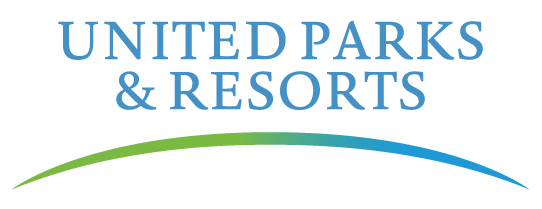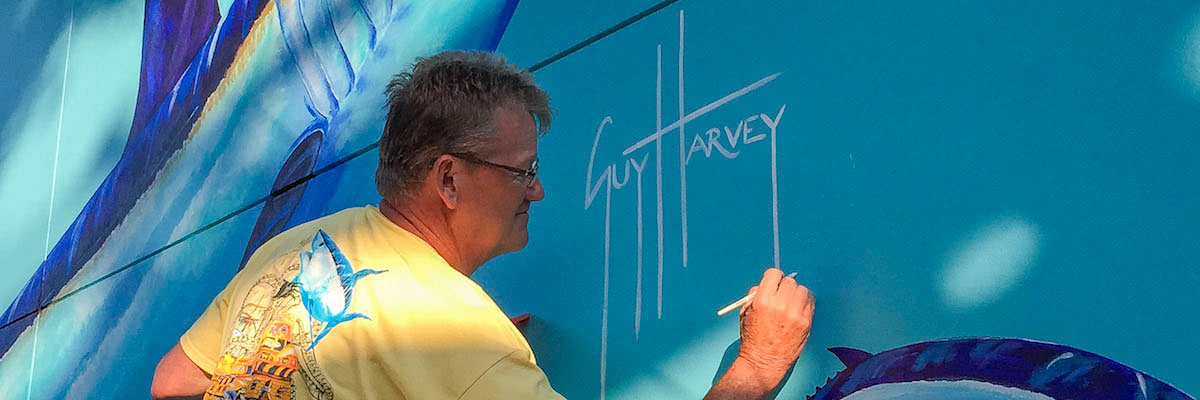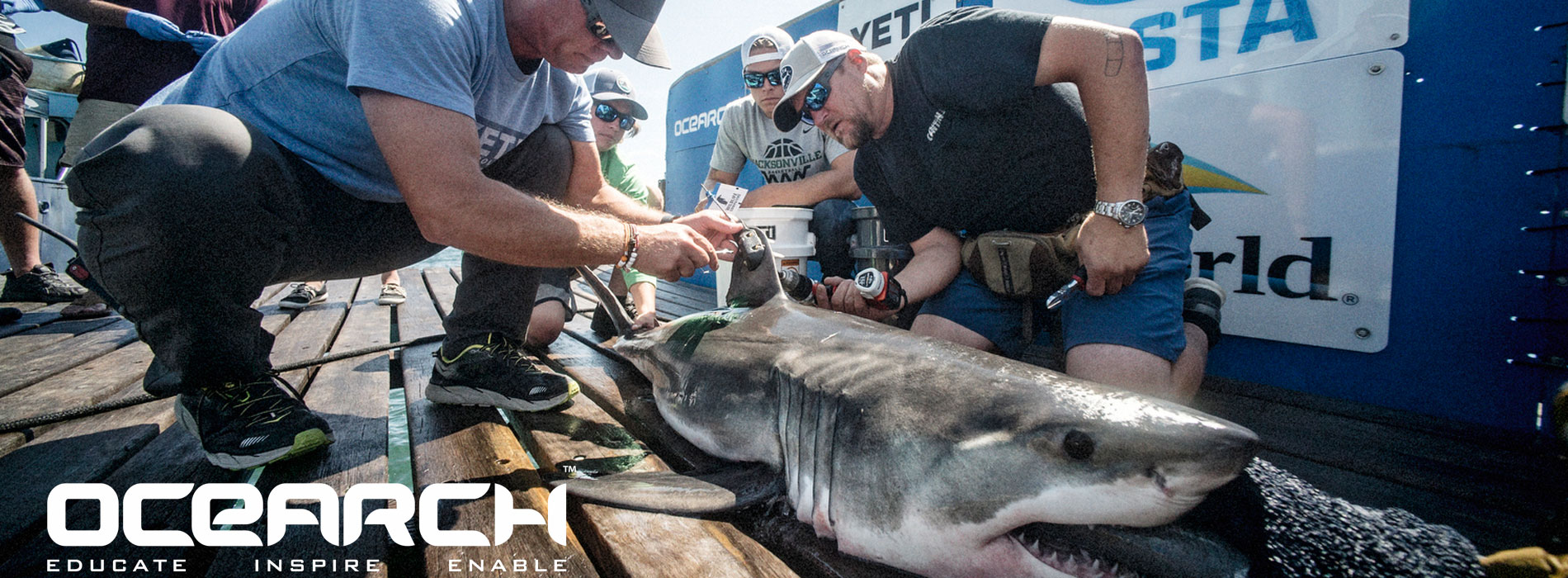Research is a key component of SeaWorld's larger commitment to conservation and animal welfare, and was established as a priority by our founders six decades ago. This commitment includes publishing our own research, sharing our parks and animals as controlled research environments, and funding and supporting projects around the world.
Our parks provide a unique environment that allows our team and outside researchers and scientists to better understand marine mammals. SeaWorld’s animal health professionals contribute meaningful science learned through the care of these animals. Additionally, we are deeply integrated with universities and research organizations and provide access to our animals for scientists conducting humane studies on a variety of subjects. These studies complement and strengthen research efforts in the field.
We also provide direct support, both material and funding, to field researchers. This support is offered directly by SeaWorld, through grants from the SeaWorld® & Busch Gardens® Conservation Fund, and by research foundations associated with and supported by SeaWorld, including the Hubbs-SeaWorld Research Institute.
Our animal health team and scientists has contributed to more than 1,000 published studies that advance the global scientific community’s understanding of animals.
SeaWorld’s contributions have led to advances in the care of animals in both zoological facilities and wild populations. Selected contributions to the greater scientific understanding include:
Sustainability For Marine Ornamental Fish—Coral reefs face numerous growing threats including ocean acidification, pollution and over-exploitation. Additionally, many colorful marine inhabitants are collected in ways that are not environmentally friendly and can impact the entire reef ecosystem. We initiated Rising Tide Conservation to protect reefs by developing techniques for rearing marine ornamental fish. The program promotes commercial production as an alternative to reef collection. Rising Tide has grown into a nationwide effort that is supported by corporate sponsors as well as the SeaWorld & Busch Gardens Conservation Fund. Its board of advisers includes environmentalists, professional aquarists and leaders in the aquarium industry. Many display aquariums throughout the country collect tiny fish eggs from their tanks to support this program and advance our understanding of reef fish reproductive biology. Since its inception in 2009, the program has developed captive rearing techniques for more than 18 marine fish species, including yellow and blue tang.







